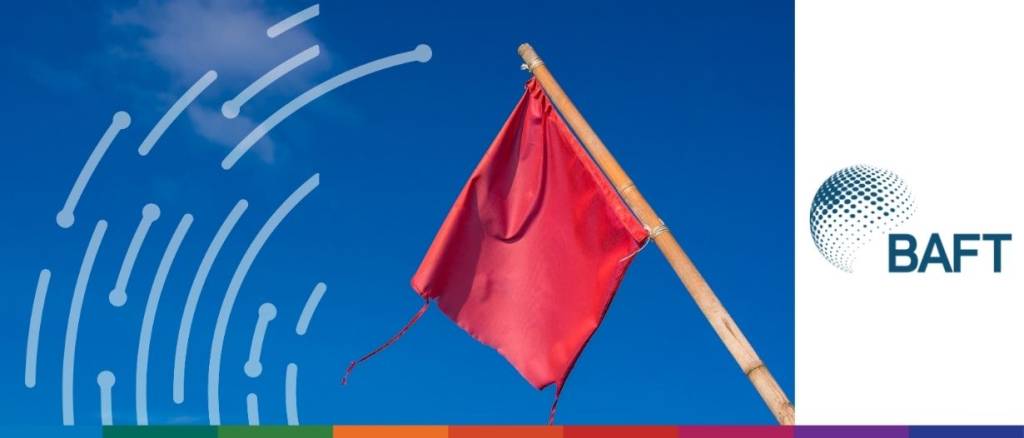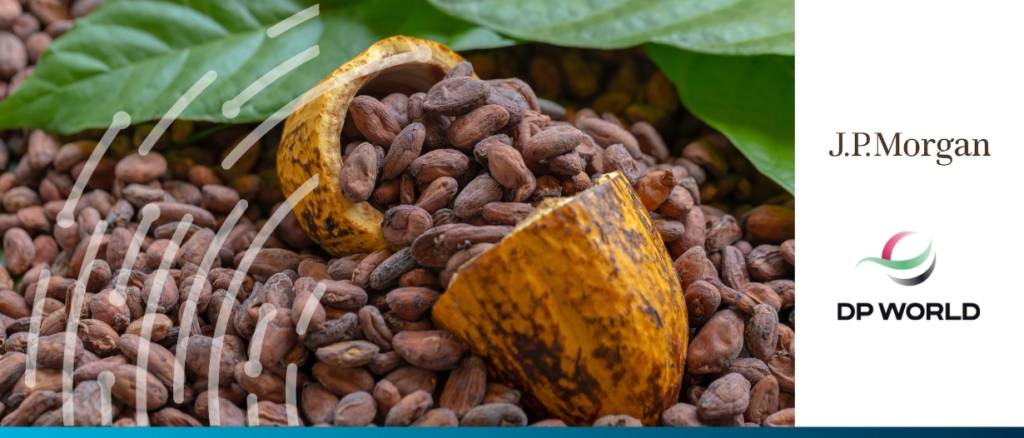Mahika Ravi Shankar (MRS): How can DFIs incentivise local institutional investors and pension funds to participate in domestic capital markets? Daniela Barrdear (DB): DFIs, and let’s also include some multilaterals… read more →
This comes as Oracle shares soared to a record high yesterday: in addition to new trade finance services, the database giant announced a $30 billion cloud computing contract designed to… read more →
UK car and commercial vehicle production fell by a staggering 32.8% in May 2025, dropping to just 49,810 units – the lowest May figure since 1949, excluding the pandemic-affected 2020.… read more →
The receivables financing sector has long been expressed by a careful balance between opportunity and risk. It is predicted that the global supply chain finance would attain $17.43 billion by… read more →
Moderated by Patrick DeVilbiss, Senior Offering Manager at CGI, the panel combined banking and technological perspectives in exploring how red flags in trade finance and supply chains are evolving, and… read more →
TBTs are non-tariff barriers — such as standards, certifications, and conformity assessments — that are less well-known than tariffs but more impactful. In this context, the US tariff strategy should… read more →
International businesses have watched the recent imposition of trade tariffs with a degree of trepidation as to the effect on their own supply chains and business operations. With the establishment… read more →
This marks a significant step in the bank’s digital transformation as Latin America seeks to capitalise on a potential $90 billion trade finance opportunity, shifting from legacy back-office systems to… read more →
The partnership’s first transaction supported a leading global food company’s cocoa procurement from Côte d’Ivoire, the world’s leading cocoa producer; this will unlock over $70 million in annual procurement opportunities.… read more →
The Paris-based organisation warned that mounting protectionism could disrupt the pace of the global energy transition, as companies adopt a “wait and see” approach to significant new investments dependent on… read more →
























